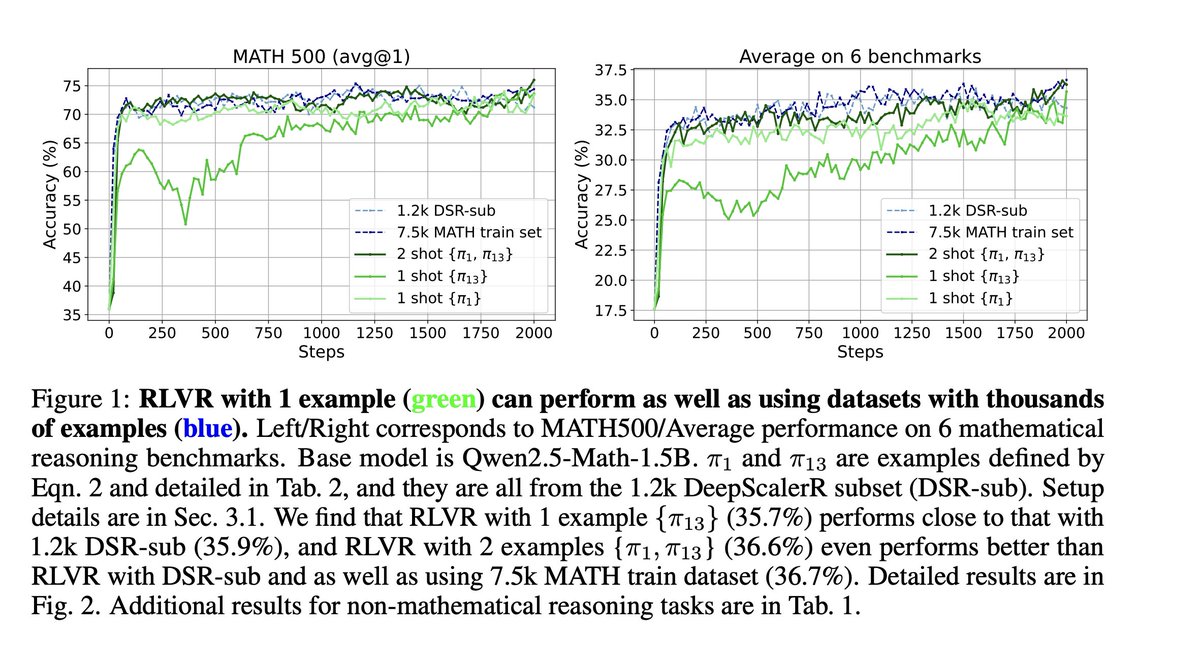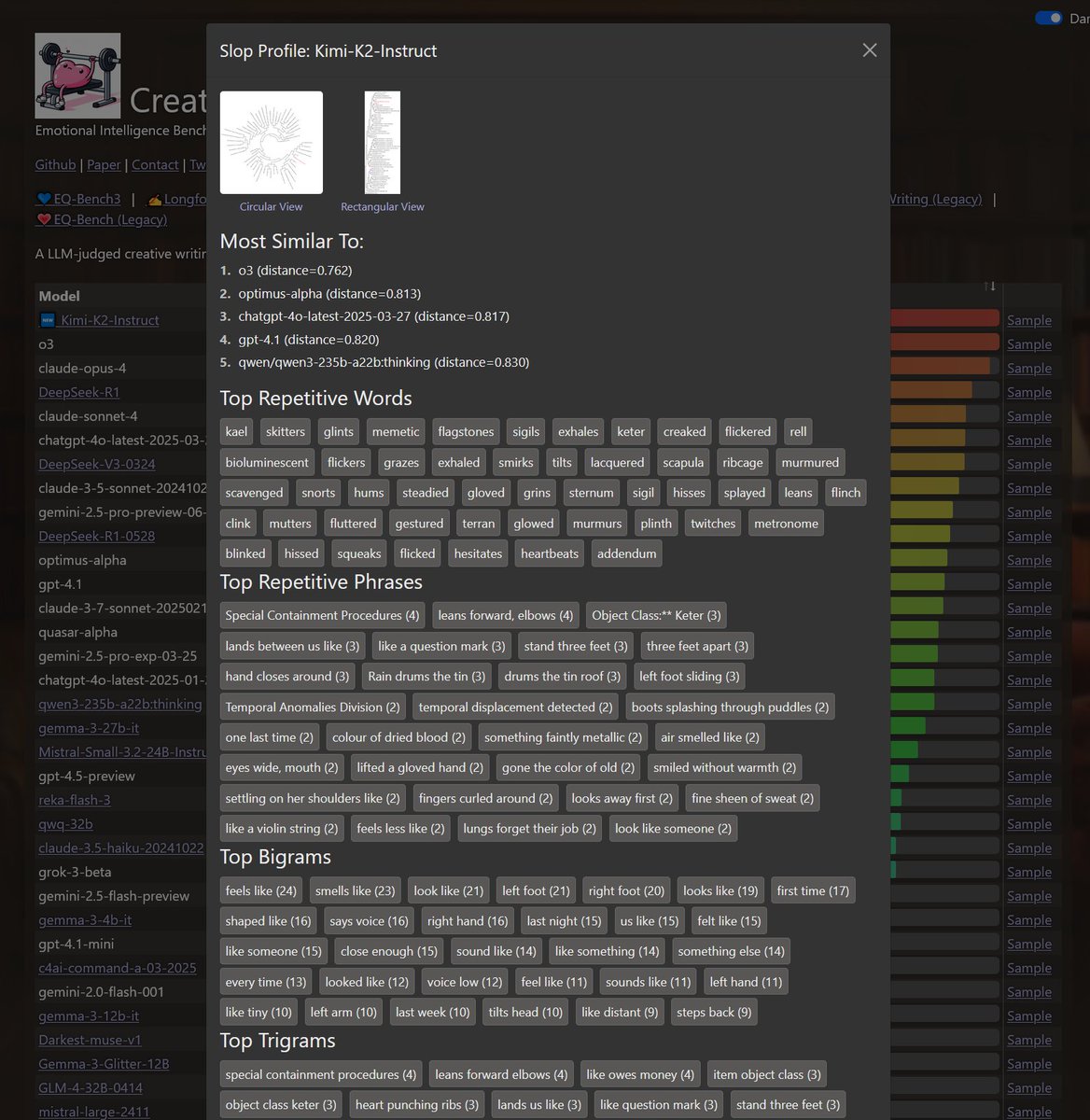
Justin Zhao
@justinxzhao
On a career break! Previously ML Lead @Predibase, R-SWE @GoogleAI, CS/Music @Columbia. Tweeting about AI, evals, synthetic data, and my side projects.
ID: 1931326447
http://justinxzhao.com 03-10-2013 16:32:33
162 Tweet
278 Followers
334 Following



another installment of non-determinism evals with Justin Zhao ! we ran an experiment with claude, making 100 API calls per query to test consistency with numerical data like population figures, GDP, and measurements. results below were interesting


🚨🚨🚨 Justin Zhao just presented our paper and is around #NAACL2025 if you want to have a chat!!








